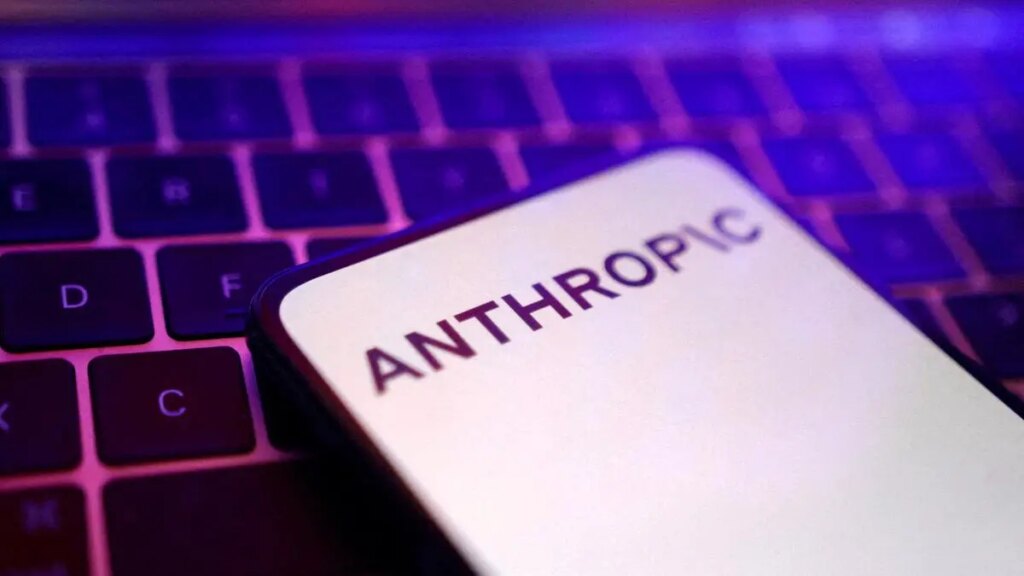In a rapidly evolving landscape, the need for rigorous evaluation of artificial intelligence (AI) tools has never been more pressing. OpenAI and Anthropic, two notable competitors in the AI space, recently embarked on a collaborative endeavor to assess each other’s models. This unconventional partnership illuminates a critical area of focus: the safety and alignment of AI systems—elements that are becoming essential as businesses increasingly adopt AI technologies.
An interesting dynamic exists between OpenAI and Anthropic, as the latter was founded by former OpenAI employees. Their recent evaluations, touted as the “first major cross-lab exercise in safety and alignment testing,” aimed to identify potential pitfalls that may have been overlooked during internal assessments. Both companies released blog posts outlining their findings, emphasizing a focus on critical concerns such as the propensity to generate misinformation and the broader implications of AI misalignment. These efforts come against a backdrop of heightened scrutiny surrounding AI systems, particularly in light of recent incidents that question the ethical implications of these powerful tools.
As SMB leaders and automation specialists delve into comparisons of AI models, it’s instructive to analyze key attributes that set apart these platforms. When considering tools like OpenAI’s GPT-5, recently launched, and Anthropic’s Claude Opus, one must examine their strengths and weaknesses.
OpenAI’s GPT-5 has gained attention for its expansive capabilities, particularly in nuanced understanding and generation of text. This model showcases superior performance in creative applications, making it ideal for content generation, marketing automation, and customer interaction. Another strength lies in its scalability; businesses can easily integrate GPT-5 into their existing frameworks, offering potentially high returns on investment (ROI) due to its versatility and adaptability across diverse use cases.
Conversely, Anthropic’s Claude Opus models have garnered respect for their focus on safety and ethical use of AI. The proactive safety evaluations indicate that Anthropic is addressing potential alignment issues more directly than its competitors. This foundational approach allows businesses to navigate the risks associated with implementing AI tools in sensitive environments, potentially leading to long-term savings in regulatory compliance and crisis management.
Cost remains an essential consideration when assessing these platforms. OpenAI’s offerings typically involve predictable pricing tiers that correlate with usage, which can be attractive for SMBs looking for manageable expenses. However, operational costs can escalate quickly if usage patterns change. In contrast, Anthropic’s pricing is geared more towards enterprises, which may deter smaller organizations that require flexibility in budgeting.
Another dimension to consider is the support and community surrounding these platforms. OpenAI has cultivated a robust ecosystem that includes a wide variety of third-party integrations, making it a valuable resource for companies looking to tap into a diverse range of tools. On the other hand, Anthropic’s position is bolstered by a dedication to open collaboration, as evidenced by the recent evaluations with OpenAI. This may prove advantageous for organizations seeking guidance and shared insights from industry peers.
As AI tools are integrated into business processes, scalability becomes crucial. GPT-5 has demonstrated significant scalability, enabling it to handle increased workloads as a business expands. This feature is particularly appealing for SMBs aiming to innovate without the risks associated with traditional growth strategies. Conversely, while Claude Opus also boasts scalability, its focus on rigorous safety evaluation may necessitate more time and resources to ensure effective implementations.
In evaluating the effectiveness of these AI platforms, ROI must include not only financial metrics but also qualitative factors such as user satisfaction, trust, and external perceptions of brand safety. OpenAI’s public-facing tools often lead to heightened user interactions, whereas Anthropic’s emphasis on responsible AI might bolster its reputation as a trustworthy vendor among security-conscious enterprises.
The recent high-profile legal case involving OpenAI demonstrates the inherent risks associated with AI systems. A lawsuit claimed that a teenager’s tragic death was connected to the use of a chatbot as a coaching tool. Such incidents underscore the vital necessity for companies to prioritize performance and safety in equal measure. As these two rivals continue to assess one another, it may pave the way for collaborative standards that elevate the entire industry.
In conclusion, as SMB leaders and automation specialists are navigating through an increasing number of AI tools and platforms, a careful balance must be struck. Evaluations of OpenAI’s GPT-5 and Anthropic’s Claude Opus model reveal that while the former excels in creative tasks and scalability, the latter offers a safety-first approach that emphasizes ethical deployment. To make informed choices, business leaders should consider not only the functionalities and costs but also the longer-term implications of aligning their operations with tools that prioritize user safety and responsible AI deployment.
FlowMind AI Insight: As the AI landscape continues to mature, the lessons learned from the collaboration between OpenAI and Anthropic highlight the importance of safety and ethical considerations. SMB leaders must not only prioritize innovative capabilities but also engage in meaningful discussions about alignment and accountability within their chosen AI systems, ensuring resilience against emerging challenges.
Original article: Read here
2025-08-28 05:03:00

